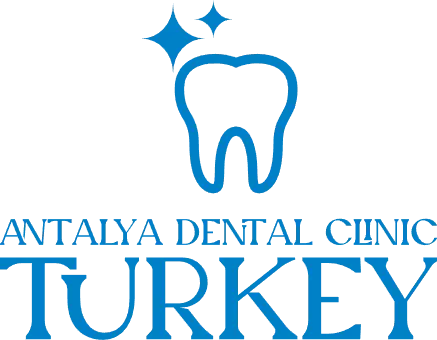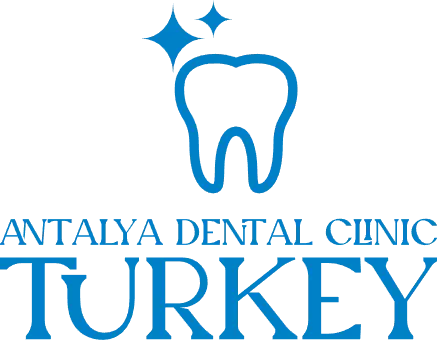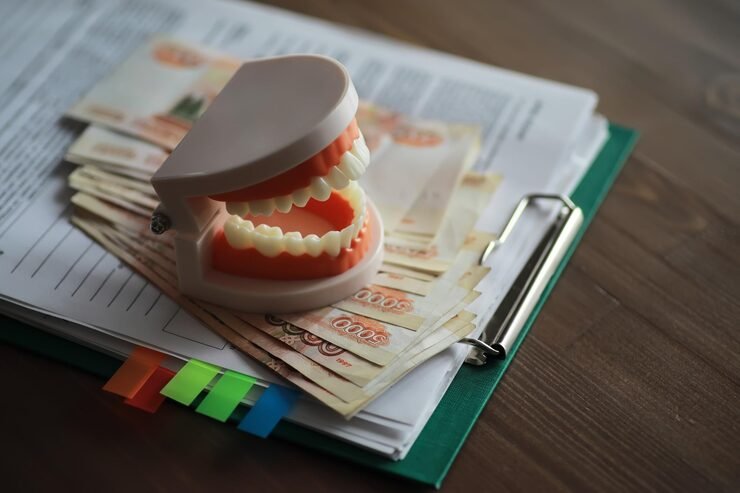Cost & Treatment Packages 5 min read
Discover everything you need to know about the cost of extracting a tooth in this comprehensive guide. From the factors that influence prices to practical tips for managing expenses, this article offers valuable insights to help you make informed dental decisions. Whether you're facing an extraction or simply curious, gain a clear understanding of what to expect and how to navigate the costs involved.
What Is the Cost of Extracting a Tooth? An Overview
Definition and Purpose of Tooth Extraction
Tooth extraction is a common dental procedure involving the removal of a damaged, decayed, or problematic tooth from the mouth. It is often necessary when a tooth has severe decay, infection, or injury that cannot be treated with other dental care options. The goal is to eliminate pain, prevent the spread of infection, and prepare the mouth for further treatments such as dental implants.
Typical Price Range for Tooth Extraction Procedures
The cost of extracting a tooth can vary widely depending on several factors. On average, simple tooth extractions in the UK may range from £50 to £200 per tooth, while more complex surgical extractions can cost between £200 and £600 or more. These prices can fluctuate based on the location, the dental practice, and the specific circumstances of the case.
Importance of Understanding Costs for Informed Dental Decisions
Knowing the potential expenses involved in tooth extraction helps patients plan financially and avoid surprises. It also enables you to compare options, explore insurance coverage, and consider additional procedures like dental implants or air flow teeth cleaning, which might be recommended after extraction. Being informed ensures you can make the best choices for your dental health and budget.
Factors That Influence the Cost of Tooth Extraction
Type of Extraction: Simple vs. Surgical
- Simple Extraction: Usually performed on teeth that are visible and easily accessible. It involves loosening the tooth with dental tools and removing it without the need for surgery.
- Surgical Extraction: Required when the tooth is impacted, broken, or located beneath the gums. It involves making an incision in the gum tissue and possibly removing bone. Surgical extractions are more complex and tend to be more expensive.
Differences Between Straightforward and Surgical Extractions
The complexity of the procedure directly impacts the cost. For example, extracting a tooth affected by tooth decay or a broken tooth may be straightforward, whereas impacted wisdom teeth or teeth with complex root structures require surgical intervention, increasing the price.
Location and Dental Practice
- Regional Variations: Costs differ across regions and cities. For instance, dental procedures in Barlow Moor Road Manchester or archives in Kew, London may have different price points.
- Practice Reputation and Expertise: Established clinics with experienced dentists might charge more but often provide higher quality care.
Additional Procedures and Anesthesia
- Type of Anesthesia: Local anesthesia is standard, but sedation or general anesthesia can be used for anxious patients or complex cases. These options add to the overall cost.
- Additional Procedures: Sometimes, procedures like air flow teeth cleaning or bone removal are necessary, which can increase expenses.
Tooth Condition and Complexity
- Position and Root Structure: Impacted or molar teeth with multiple roots tend to be more challenging to extract.
- Infection or Damage: Infections requiring antibiotics or other treatments can influence the overall cost.
Dental Insurance Coverage
- Many dental insurance plans cover part of the extraction cost, especially if it's deemed medically necessary. However, coverage varies, and patients should check their Aria email address or insurance details to understand their benefits.
- Tips for maximizing insurance benefits include asking your dentist about pre-authorization and understanding what procedures are covered.
Practical Tips for Managing and Reducing Tooth Extraction Costs
Comparing Quotes from Multiple Dental Providers
Get estimates from different clinics, especially in areas like Kew London or Manchester, to find competitive prices. Don’t forget to verify what’s included in the quote, such as anesthesia or follow-up care.
Exploring Payment Plans and Financing Options
Many dental practices offer payment plans or financing options to spread out costs over time, making procedures more affordable.
Considering Dental Insurance and Discount Plans
Check if your dental insurance covers extraction procedures or if discount plans are available. Some plans also offer coverage for preventive activities like air flow teeth cleaning to reduce future costs.
Preventive Care to Avoid Unnecessary Extractions
Maintaining good dental care, including regular checkups, cleanings, and avoiding activities day that damage teeth, can prevent the need for extractions. For example, avoiding alcohol hot drinks or habits that exacerbate tooth decay can be beneficial.
Post-Extraction Care and Follow-up Costs to Consider
Proper aftercare, including following your dentist’s advice and possibly taking antibiotics or managing pain, can prevent complications and additional expenses. Avoid strenuous physical activity during recovery to promote healing.
Final Insights and Resources
When to Consult a Dental Professional for an Accurate Estimate
Always book an emergency appointment or consultation if you experience severe pain, swelling, or signs of infection. Dentists can assess your situation and provide a precise cost estimate based on your specific needs.
Questions to Ask Your Dentist About Costs and Procedures
- What is included in the total cost?
- Are there additional charges for anesthesia or extra procedures?
- Can I see a breakdown of the expenses?
- What are my options if I want to add procedures like a dental implant later?
Additional Resources for Affordable Dental Care Options
Look into local dental schools, community clinics, or charities that offer affordable or subsidized dental care. Some clinics may also provide information about book emergency appointment services or clinics specializing in air flow teeth cleaning.
Summary of Key Takeaways for Cost-Conscious Patients
- The average cost dental procedures vary based on complexity, location, and anesthesia.
- Simple extractions are generally less expensive than surgical ones.
- Insurance coverage can significantly reduce out-of-pocket expenses.
- Preventive care and good dental habits help avoid unnecessary costs.
- Always compare quotes and consider financing options to manage expenses effectively.
By understanding these factors and tips, you can approach tooth extraction with confidence, ensuring your dental health needs are met without undue financial stress.


